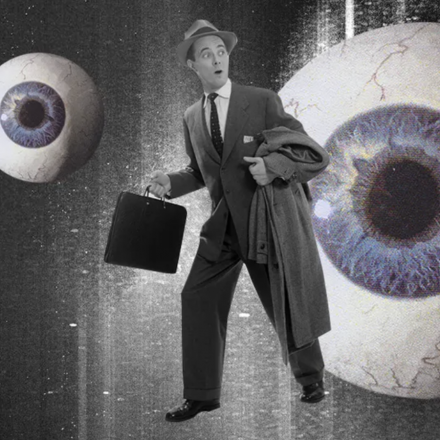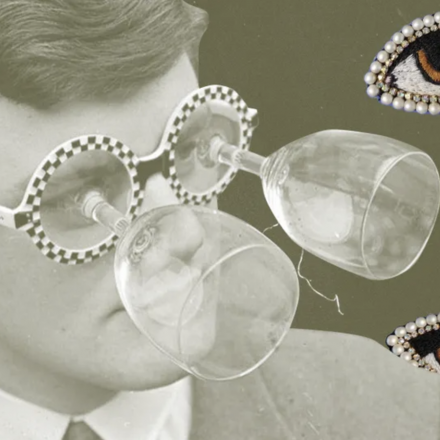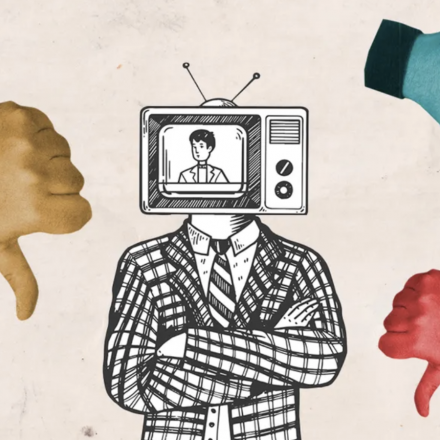Life is a remarkable thing, full of paradoxes and surprises, especially when it comes to money. It seems that money changes everything: our priorities, dreams, and even how we perceive the world around us. But what if it’s all just a game of our consciousness? Let’s delve into how our desires and goals shift as our financial situation swings from poverty to wealth and back again.
When we live in poverty, it seems that happiness lies in simple things. We are content with what we can gather in the mountains or find at the markets. Wild herbs become the basis of our diet. But once we become wealthy, these same herbs turn into delicacies ordered in expensive restaurants. What once symbolized modesty now becomes a status symbol. The value of the thing itself doesn’t change—only our perspective does.
Take, for instance, the bicycle. When we have no money, it’s the only means of transportation, economical and healthy. But when money comes in, we prefer comfort and status, and the bicycle gives way to an exercise bike in the living room. We keep pedaling, but not for transportation, rather for health and fitness. The same action, but with a completely different goal.
Relationships are also transformed. When money is scarce, marriage seems to be the pinnacle of happiness, a step toward stability and love. But as soon as financial stability is achieved, dreams begin to revolve around the freedom that a divorce can bring. It’s paradoxical, but true: money changes our priorities, making us dream of completely opposite things.
Work and social roles are also subject to transformation. When we are poor, the wife goes to work as a secretary to help make ends meet. But once money appears, the secretary begins to take on the role of the wife, while the wife can afford the luxury of being a housewife. The roles change, but the need for them remains.
And finally, money and appearances. When we have none, we do everything possible to make others think we have it. We strive to maintain the appearance of success, hiding our true needs behind a mask of prosperity. But once money comes, we do everything possible to hide our wealth, avoid attracting unnecessary attention, and preserve our privacy.
All these paradoxes show that happiness and contentment are relative things. Money can change a lot, but it doesn’t change who we are. It only highlights the contradictions and desires that already live within us. Perhaps true wisdom lies in learning to be content regardless of our financial situation. After all, in the end, all these games with money are merely reflections of the internal contradictions that each of us lives with.


















